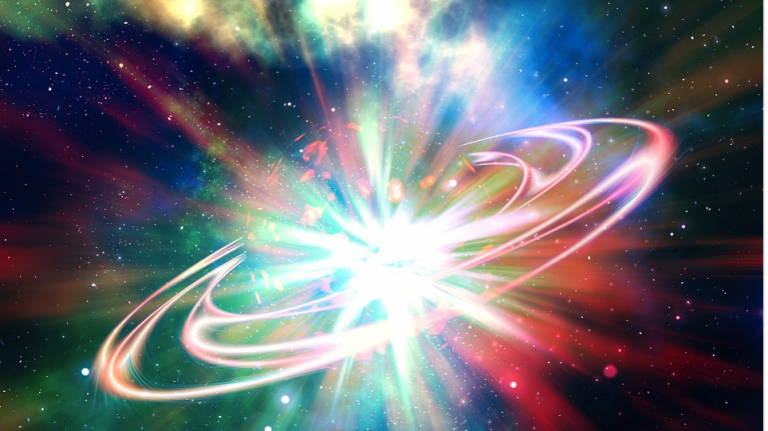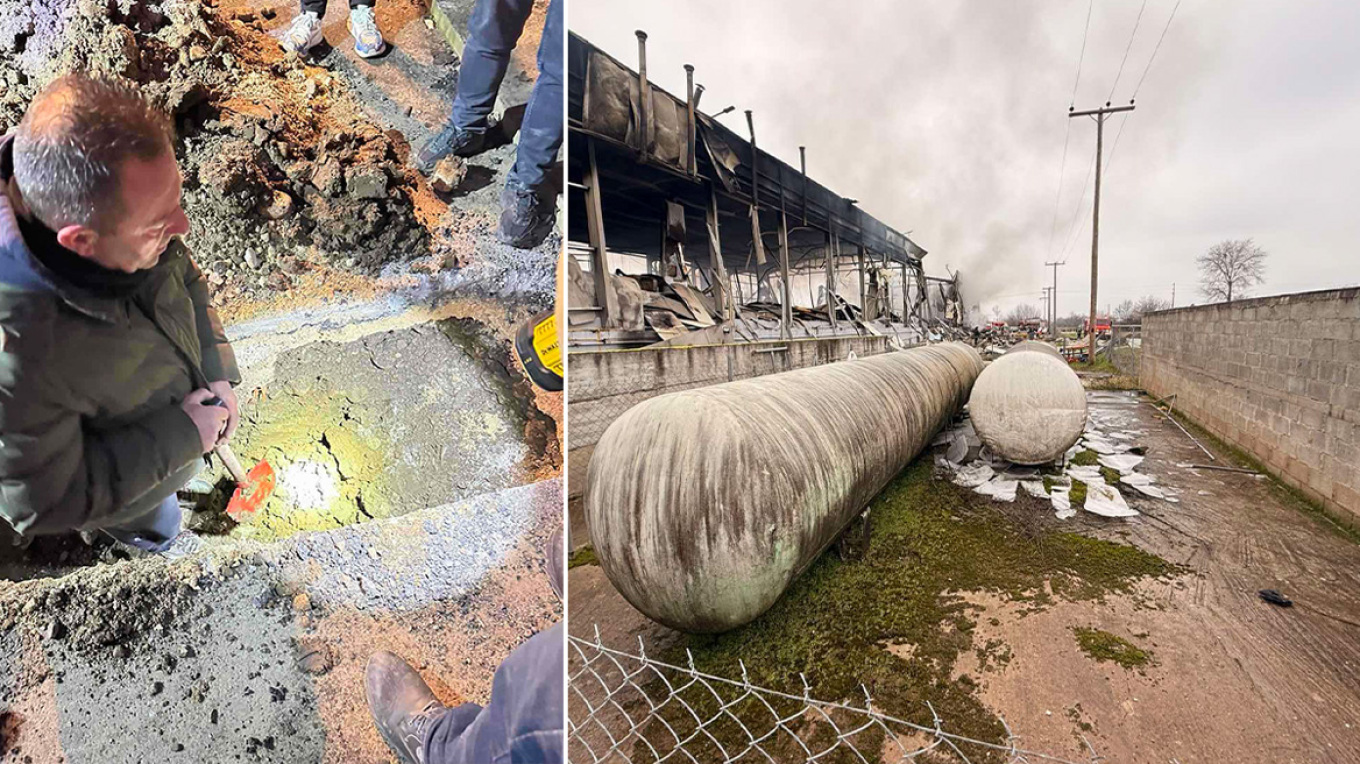There was an earlier universe before the Big Bang, and evidence for its existence can still be observed in black holes, a Nobel Prize-winning physicist has said.
Sir Roger Penrose made the claim after recently winning the award for breakthroughs in Einstein’s general theory of relativity and proof of the existence of black holes.
Sir Roger argues that the existence of unexplained spots of electromagnetic radiation in the sky – known as ‘Hawking Points’ – are remnants of a previous universe.
It is part of the “conformal cyclic cosmology” theory of the universe, and it is suggested that these points are the final expulsion of energy called ‘Hawking radiation’, transferred by black holes from the older universe.
Why Syrians are joining Turkey in Nagorno-Karabakh clash
Greek museums and ancient sites on top of international visitors’ preferences
Black holes are a region of space where matter has collapsed on itself, and has such a high gravitational force that not even light can escape.
Such an event may be occuring in the center of our galaxy; Reinhard Genzel and Andrea Ghez, who shared the Nobel Prize with Sir Roger, offered the most compelling evidence of a supermassive black hole in the middle of the Milky Way.
There is a possibility that the timescale for the complete evaporation of a black hole could be longer than the age of our current universe, and therefore could not be detected.
Read more: Independent
Ask me anything
Explore related questions





